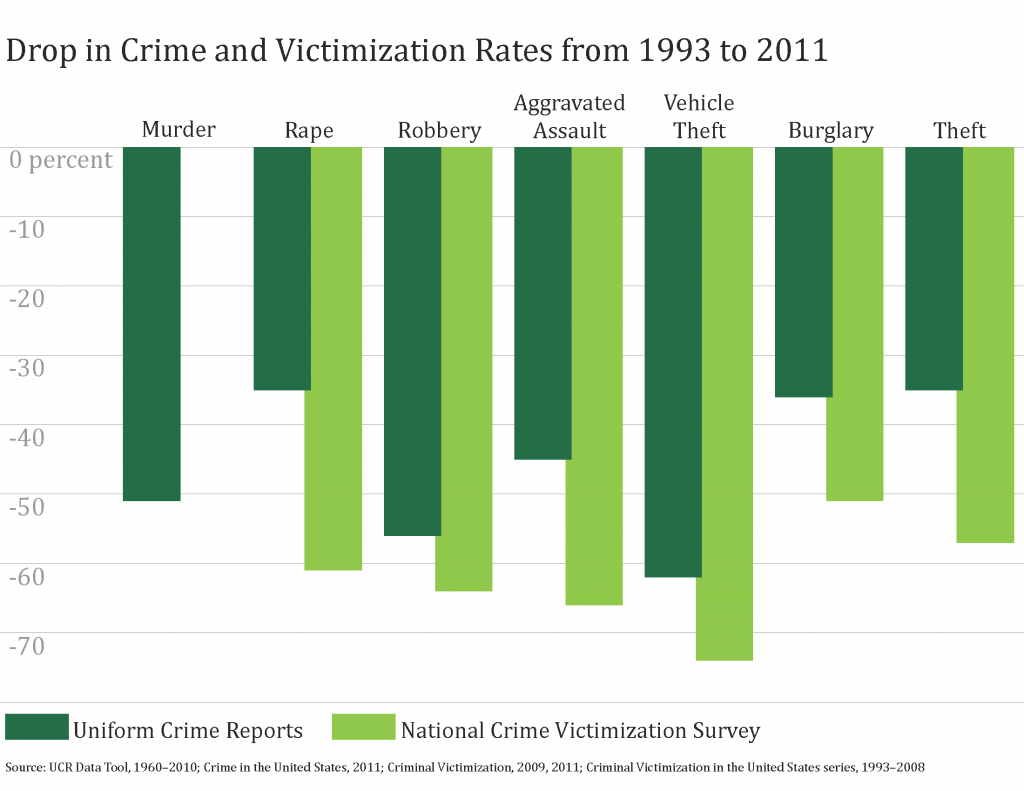In American Sociological Review, Jennifer Sykes, Katrin Križ, Kathryn Edin, and Sarah Halpern-Meekin argue that for low-income families, the Earned Income Tax Credit (EITC) is not seen as a stigmatizing “welfare” handout akin to Temporary Assistance for Needy Families (TANF), but a measure that allows a sense of dignity because it is earned.
Based on in-depth interviews with 115 working parents, the authors find that EITC can help families stay afloat financially—or simply splurge a little. Sometimes the credit is used for necessities, such as paying bills. Other times parents put it toward gifts or other child-centered consumption—think cartoon-themed bedroom accessories, new shoes, dinner out, or an overnight trip. This “fun money” helps take the edge off a sense of precarity. And however it’s spent, the arrival of the money is meaningful: as the authors note, “For most [interviewees], it was by far the largest single check they receive in a given year.”
The authors argue that because of the positive feelings the credit engenders among recipients, the benefit is bigger than a dollar value. The EITC allows low-income recipients to practice what the authors call “incorporative consumption.” In other words, getting and spending the credit however they see fit affords low-income recipients a sense of citizenship and belonging that typically eludes those who live paycheck-to-paycheck in the contemporary U.S.



